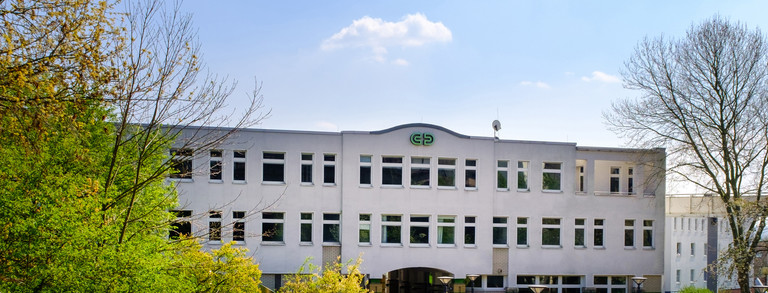External Research Funding and Changing Modes of Work in Social Sciences and Humanities
Workshop ‘Research Funding & The Dynamics of Science’
Research Network 24 – Sociology of Science and Technology Network (SSTNET) of the European Sociological Association (ESA) and CWTS
Leiden University, The Netherlands
13 June 2014
Abstract
Given the recent economic crisis in Europe, the strained national and university budgets which have been accompanied by the new public management as well as increasing public value rhetoric and related policy instruments, the modes of work in academia are increasingly challenged (Whitley et al. 2010, Leišytė and Dee 2012). Literature suggests that external funders are increasingly setting the agenda for academics, which may include setting the research topics and priorities as well as modes of working, such as collaborative mode versus individual scholar mode. Building on the credibility cycle of scientific work model (Latour and Woolgar, 1979) where the range of audiences engaged in shaping academic work has changed (Leišytė, 2007) as well as the organizational resistance literature (Ackroyd and Thompson 1999) the paper explores the demands for scientific collaboration of the EU Horizon 2020 programme on the one hand, and the historians’ responses to external funding initiatives in the country known for the strongly managerial science system in the UK in 2005 and in 2008/2009 in terms of their own research priorities and collaborations.
The paper uses mixed methods approach. The example of the EU Horizon 2020 programme includes the content analysis of the first calls for proposals from December 2013. The example of the UK historians includes the data based on semi-structured interviews and observation with historians in two UK established research universities.
The example of the EU Horizon 2020 programme points to possibly new demands which are in the making for the social sciences and humanities in Europe when it comes to new modes of working. Further, looking at the longitudinal data on the views of historians in the selected universities in the UK allows to understand the possible changes on academic work due to the external funding demands in this field.





